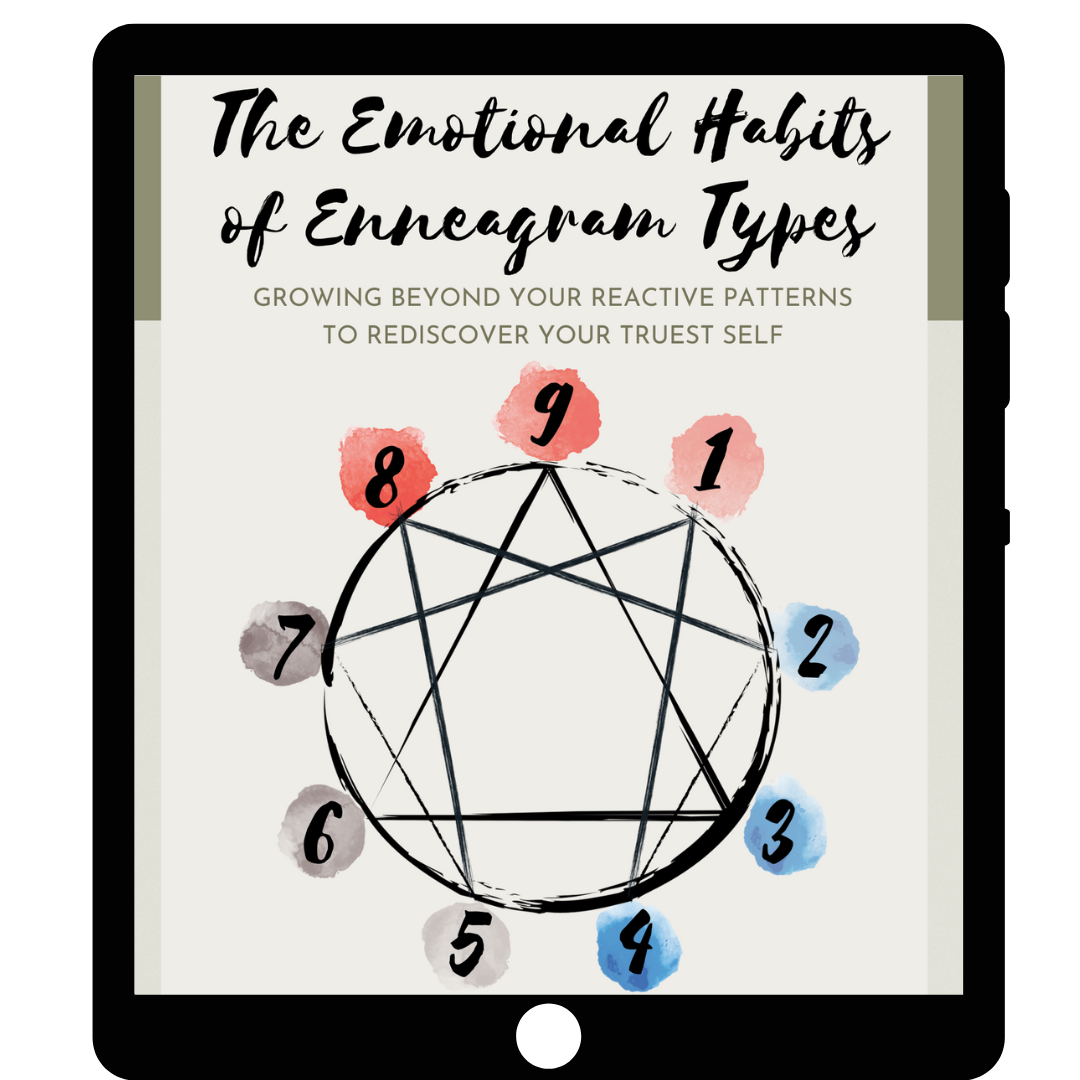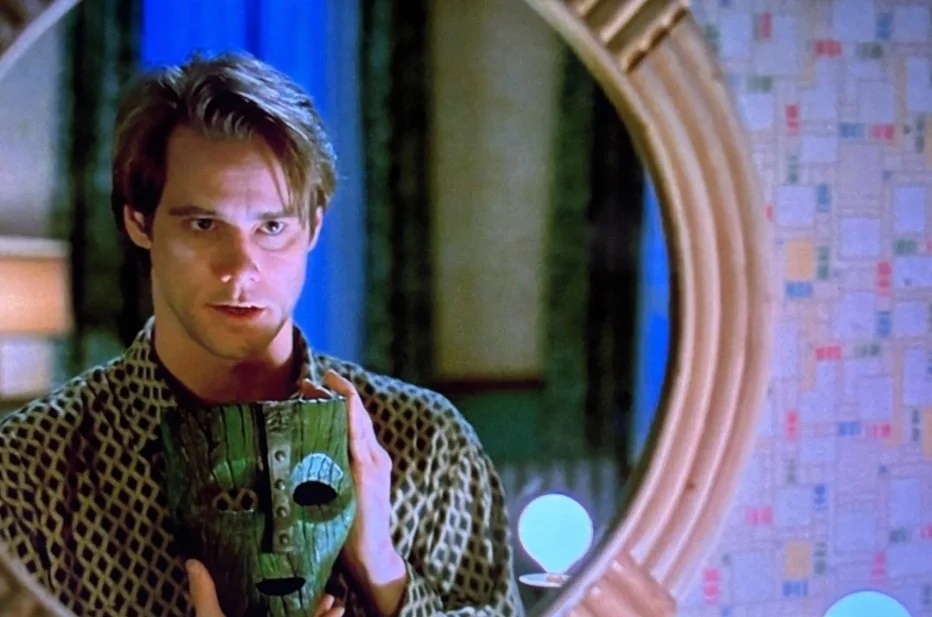The Primary Emotion of Conflict
The major engine that drives couples' conflict is NOT anger, but FEAR.
...of being alone, abandoned, unlovable
...of being unseen, invisible, insignificant
...of being vulnerable, rejected, hurt
...of the unknown or uncertainty
Anger is the emotion that often does show up when couples fight, but is usually one that comes up AFTER the fear center in the brain has already been activated. Anger and its explosively loud or deadly silent expressions reactively serve to protect and care for the self. Though well-intended, it is misguided; rarely does anger bring about the effects that each person seeks. Couples stop conflict by first acknowledging this emotion.
Why Conflict?
Conflict is itself not (automatically) a bad thing. In fact, it is unavoidable if the couple relationship has any chance of surviving and thriving, because it is simply the byproduct of two unique human beings joining to co-create a brand new, never-before-seen life.
Naturally, the couple will bump elbows and be inconvenienced by each other, but each disagreement serves as a wonderful (though not always pleasant) opportunity to intentionally craft the relationship to reflect their strengths and limitations.
Conflict works best when both parties fully show up and address the topic at hand. However, there are some habits that make conflict more unproductive and hurtful than constructive and beneficial. These habits are:
Fighting on the Wrong Page
Fighting at the Wrong Place (Part II)
When the Couple is on the "Wrong" Page
Many couples get stuck at a stalemate around certain topics, such as:
how to spend/save money
how many kids to have
whether to move to another city, state, or country
what church to go to
how to discipline the kids
When these hot-button topics are brought up, both sides dig their heels into the ground and resist the others' attempts to change their mind. Tension escalates, jaws and fists clench, stomachs churn, loaded words are thrown, reason disappears, and hearts are hurt. One person starts shutting down, while the other starts raising their voice. And on and on they go...
Eventually, both parties feel unheard, unvalued, misunderstood, unloved, and defeated. If subsequent attempts also fail, hopelessness takes root, putting the relationship at greater risk.
But what if neither is the villain? What if the couple is just on the wrong page, tuned into different channels? What if they really desire the same thing (a better life together), but just have different strategies on how to make that happen? This is how couples stop conflict.
How Couples Create Conflict: the Life of Jack and Jill
What happens if a couple attributes different meanings to the same topic?
Take finances, for example. Money means different things to different people:
Money as status/prestige
Money as security
Money as enjoyment
Money as control/power
Let's take a look at the relationship between Jack (who sees money as security) and Jill (who sees money as enjoyment).
To Jack, having a budget is all about having consistency, predictability, and order so that they can plan and implement big goals for their future life - having a house (or two), kids' college funds, medical coverage, retirement, etc. Jack feels reassured knowing how much money they are bringing in, how much they're saving, and where it's going.
Through his lens, Jill's spontaneous spending habits seem threatening. To protect his vision of their life together, he calls her careless and immature. When he sees her avoiding the conversation, he gets frustrated and resentful. He feels like she's intentionally draining the bucket he's desperately trying to fill.
To Jill, money is a tool that reduces stress and enhances the emotional quality of the relationship. Purchasing paintings to decorate their living room or getting couple massages is how she tries to create a restful, warm life together where they can enjoy each other's company.
Through her lens, Jack's structured spending habits seem cold, rigid, and rejecting of who she is. She initially responds to Jack's criticism by shutting down, and when she can't take it anymore, she lashes out and calls him a coldhearted Scrooge.
In the end, Jack feels misunderstood, dismissed, and villainized, while Jill feels deeply rejected and abandoned. The money issue is nowhere close to being resolved, and neither gets what they want.
Neither side is entirely in the right, but neither side is entirely in the wrong either. Because each side is so invested in seeing things his/her own way, they both miss the message that the partner actually wants the same thing that he/she does: to build a good, lasting, full life together. On the surface, it seems like they are fighting about finances, but they're actually fighting about different strategies to achieve the same vision.
Unfortunately, the end result of these kinds of conflict conversations is that the topic (finances) rarely gets resolved, while the relationship itself takes a huge hit. Although each person's strategies are legitimate in their own respective ways, they get misinterpreted by the partner as illegitimate, nonsensical, uncaring, etc. Thus, a practical, impersonal topic becomes deeply personal.
Action Step: How Couples Stop Conflict with Bird's-Eye
Does this sound like your relationship? Try this. The next time you get into this escalating deadlock with your partner, SAY OUT LOUD:
"Hey, I'm sensing that you and I are talking about the same topic (finances, parenting, etc.), but we're not on the same page. Can we take a step back and rewind a bit? I'd like to hear what this topic means to you and why you feel so strongly about it. Help me understand where you're coming from."
Notice what happens! Suspend judgment, and be curious.
Where does the conversation lead? Does it end up the exact same way it usually does? What's different?
What's it like to hear your partner share why this topic is so important to them?
What negative outcome is your partner hoping to avoid? What are they afraid of?
What positive outcome is your partner trying to create? What does are they excited for?
The goal of this detour is not to have another debate about the topic, because it's not really about the topic, but the personal MEANING behind it.
This kind of conversation is meant to SLOW DOWN the couple so that they can realize what kind of pattern they get caught in and learn more about each other at a deeper level. It's about cultivating EMPATHY, the ability to "enter into" another person's experience and see things from their point of view.
When both parties feel heard and understood, there's little need for them to use their reactive patterns to get their message across. This frees the couple up to actually brainstorm a creative solution.
Does this resonate with you?
Learn about the other stumbling block!
What are the emotional habits of your Enneagram type?
Grab this free guide that shows you how to grow beyond the patterns that keep you stuck!
Don't know your Enneagram type?
Find yours here!
© Copyright 2021 Joanne B. Kim. All rights reserved.
Joanne B. Kim, lMFT
Joanne is a Licensed Marriage & Family Therapist and Certified Brainspotting Therapist in San Jose, CA, who loves helping people create emotionally thriving relationships. She helps people EXHAUSTED by anxiety, shame, and an allergic reaction to anger create VIBRANT relationships where they matter, too.
Many of her clients are:
(1) the highly responsible, conscientious, and empathic types
(2) Enneagram Type Ones, Twos, Fours, or Nines
(3) Highly Sensitive Persons (HSPs)
(4) adult survivors of emotional abuse and neglect
The most common words spoken by those who’ve sat with Joanne:
“I thought it was just me. I’m NOT crazy!”
“I can finally figure out what to do with all these feelings!”
Does this resonate?
Proudly helping women, healers, pastors, caregivers, and Highly Sensitive Persons (HSPs) who are EXHAUSTED by anxiety, guilt, shame, and an allergic reaction with anger create VIBRANT relationships where THEY MATTER, TOO!
Enneagram, EMDR, and Brainspotting Therapy in the Silicon Valley (Santa Clara County - San Jose, Los Gatos, Campbell, Cupertino, Saratoga, Santa Clara, Sunnyvale, Los Altos, Milpitas) and the San Francisco Bay Area. Offering telehealth video sessions in California.





































In a conversation with Catherine Quiring of the Coming Home to Ourselves Substack, we explore the Enneagram through the lens of the show Ted Lasso, going into the importance of emotional intelligence, the role of instincts & subtypes in the Enneagram, and how these concepts can help individuals navigate their personal growth and relationships.